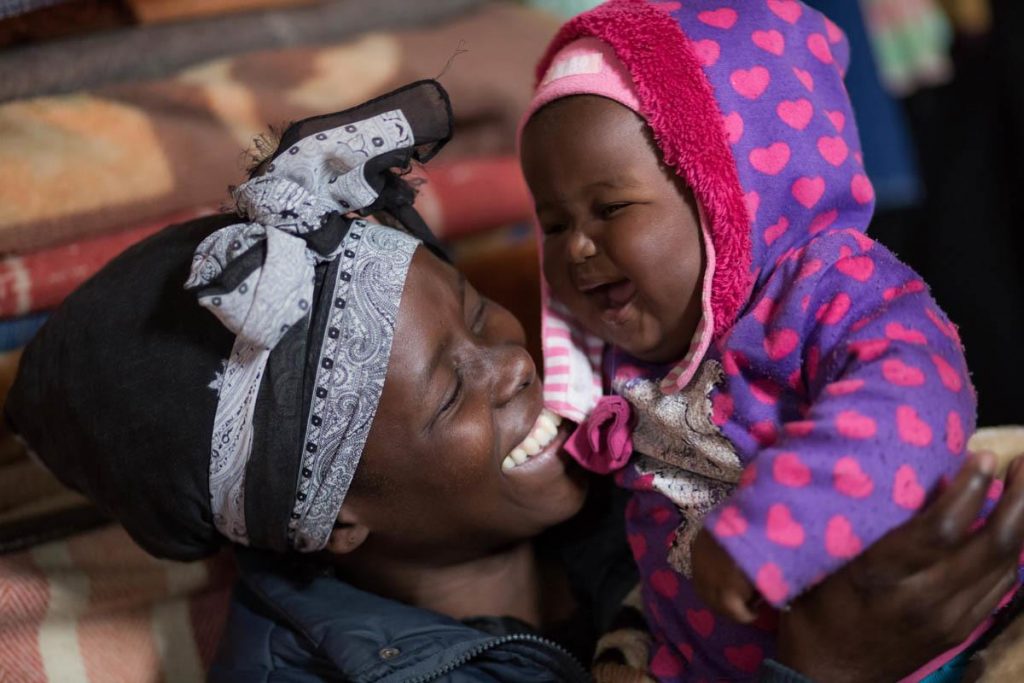Key populations, specifically people who sell sex (PWSS), people who inject drugs (PWID) and lesbian, and gay, bisexual, transgender and intersex (LGBTI) people experience significant human rights violations which underpin the continued high HIV incidence in these populations.This rapid assessment of human rights violations in Eastern and Southern Africa focuses on three priority key populations – PWSS, LGBTI (including MSM), and PWID. The report outlines the normative international treaties that establish a basis for a human rights framework for the HIV response, and explores the emerging evidence of how to promote and protect human rights of key populations and potential key entry points.
In its key findings, the report highlights that evidence from Eastern and Southern Africa suggests there is a large gap between state commitments to protection and promotion of human rights, as agreed to under numerous international and regional human rights treaties, and what states have so far achieved at the national level. Further, the report makes recommendations in the areas of key population mobilisation and empowerment, meaningful involvement of key populations in all policy and programmatic decisions and processes, the need for an effective Human Rights Commission in every country, decriminalisation of key populations, strategic use of litigation to establish human rights protection for key populations, expansion of health services for key populations, and funding for key populations.



